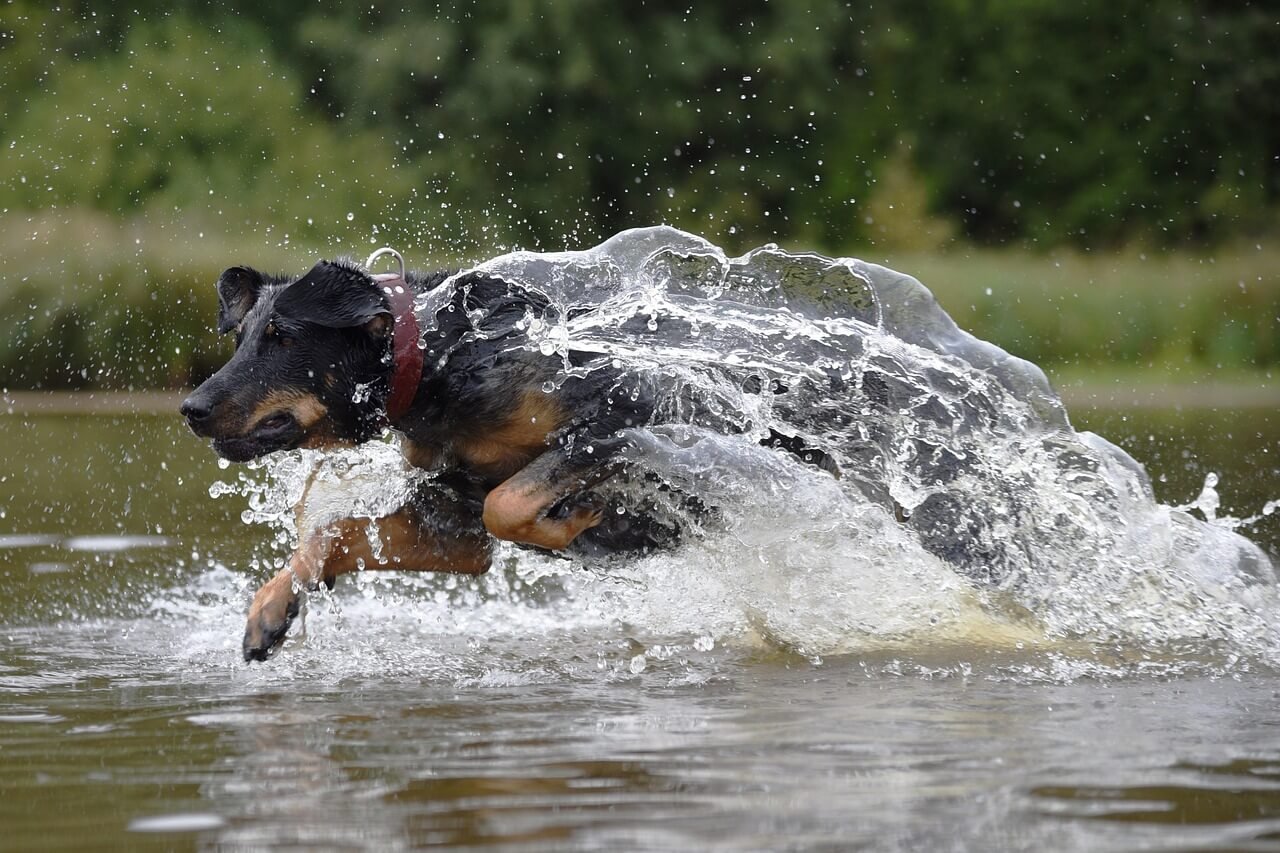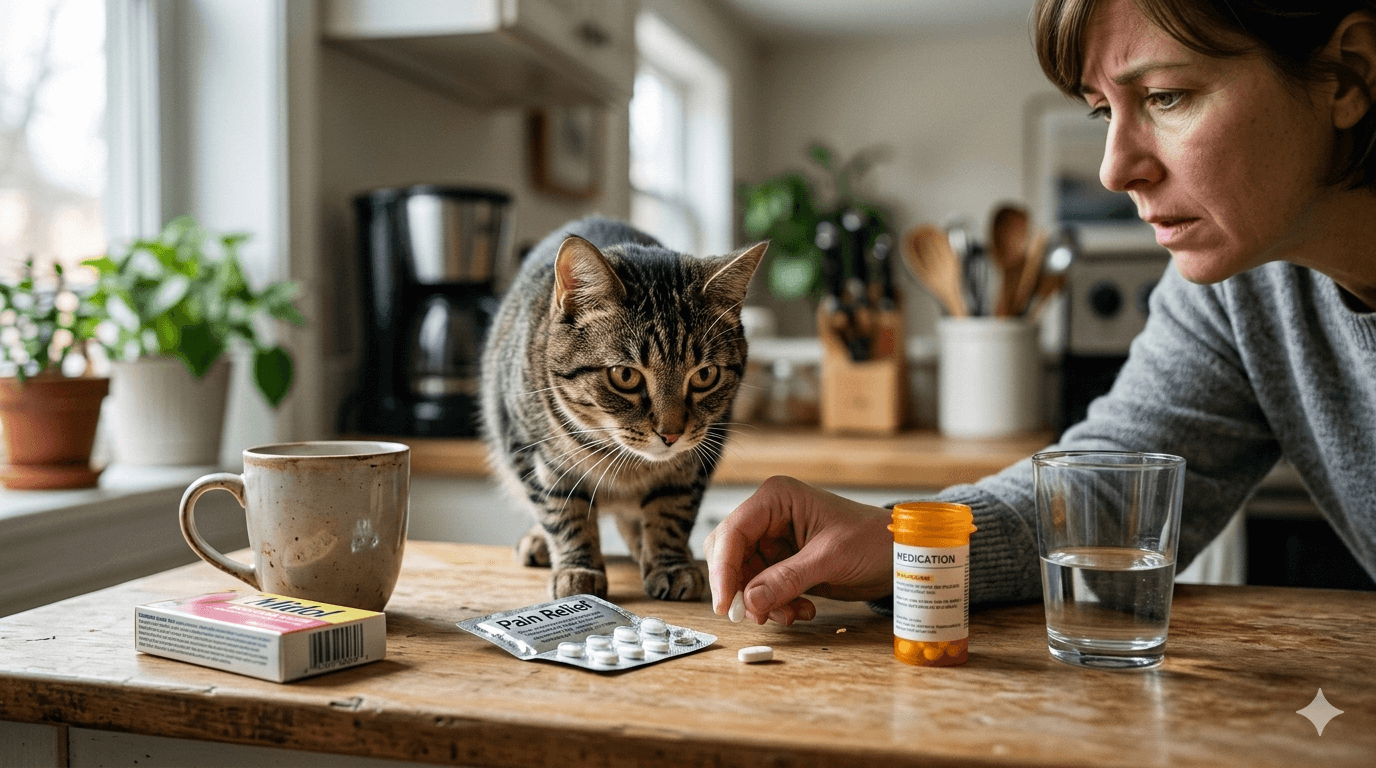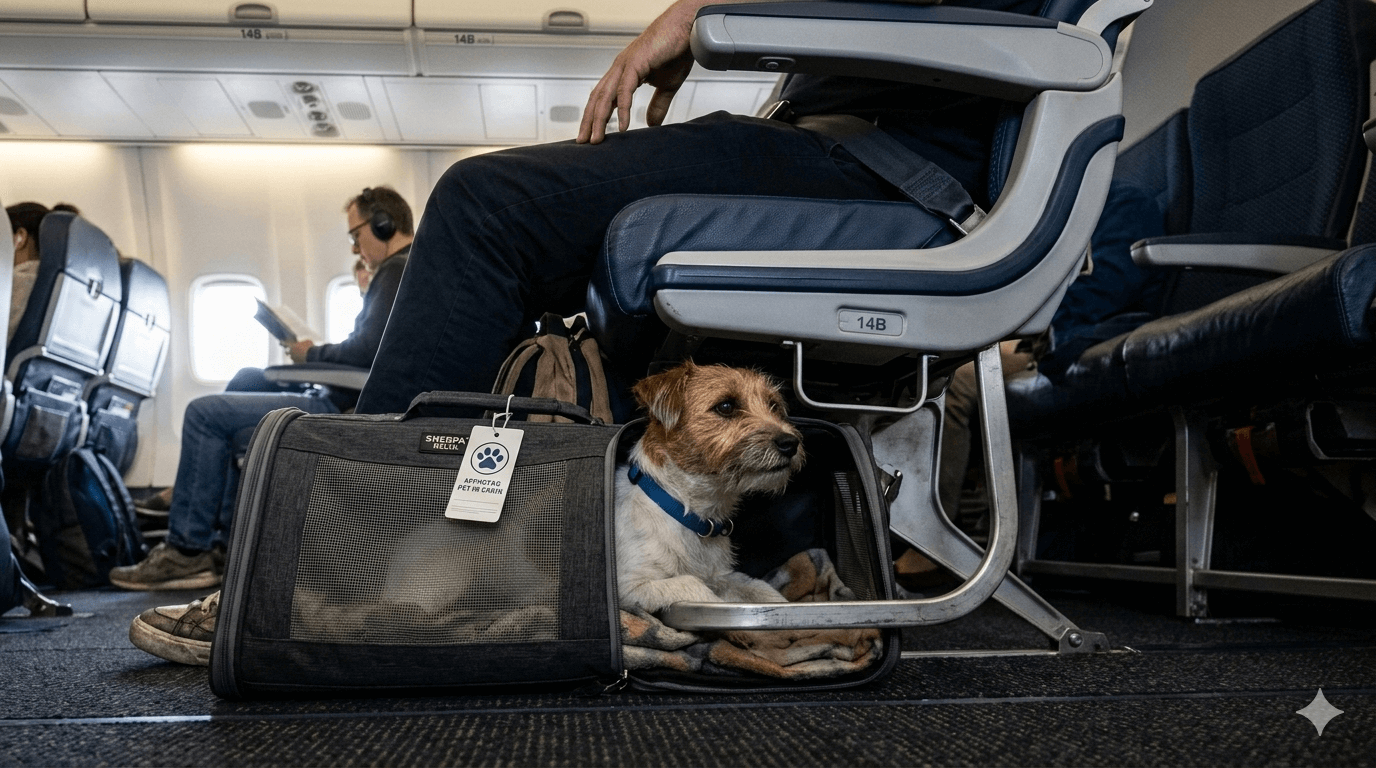Can I Give My Sick Dog Baby Food? What You Need to Know
When your dog is feeling under the weather, finding ways to encourage them to eat can be a challenge. Many pet owners wonder if baby food is a safe and effective option for sick dogs who may have lost their appetite or need softer, easily digestible meals. After all, baby food is gentle, bland, and packed with nutrients—qualities that seem perfect for a recovering pup. But before you reach for that jar of pureed carrots or chicken, it’s important to understand what types of baby food are safe, how much to feed, and whether it truly meets your dog’s nutritional needs.
In this blog post, we’ll explore everything you need to know about feeding baby food to your sick dog.
Is Baby Food Safe for Dogs? Key Considerations
Baby food can be a helpful temporary solution for sick dogs, but not all varieties are created equal. Here are some important factors to consider before offering baby food to your furry friend:
Check the Ingredients: Avoid baby food containing onion powder, garlic, or other harmful ingredients that can be toxic to dogs.
Opt for Plain Varieties: Stick to simple, single-ingredient options like pureed meat, vegetables, or fruits without added sugars or spices.
Monitor Portion Sizes: Baby food is highly concentrated, so small amounts go a long way. Overfeeding can lead to digestive upset or weight gain.
Avoid Artificial Additives: Choose organic or natural options free from preservatives, artificial colors, or flavor enhancers.
Consult Your Vet: Always check with your veterinarian before introducing baby food, especially if your dog has specific dietary restrictions.
By keeping these considerations in mind, you can ensure that baby food remains a safe and beneficial choice for your sick dog.
Benefits of Feeding Baby Food to Sick Dogs
In certain situations, baby food can provide relief and support for dogs who are unwell. Here’s how it might benefit your sick pup:
Easy to Digest: The smooth texture of baby food makes it gentle on sensitive stomachs, ideal for dogs recovering from illness or surgery.
Encourages Appetite: The mild flavors of baby food can entice picky eaters or dogs who have lost interest in their regular meals.
Hydration Boost: Many baby foods contain water-rich ingredients like pureed vegetables, helping keep your dog hydrated.
Nutrient-Dense: High-quality baby food provides essential vitamins and minerals to support recovery and overall health.
Versatile Mixing Option: Baby food can be mixed with kibble or homemade meals to enhance flavor and palatability.
While baby food isn’t a long-term solution, it can be a helpful tool during your dog’s recovery process. Always use it as a supplement rather than a replacement for balanced nutrition.
Check this guide 👉Cushings Disease in Dogs: Best 7 Health Tips!
Check this guide 👉Can Dogs Take Human Antibiotics? Best 7 Health Tips!

Safe Baby Food Ingredients for Dogs | Harmful Ingredients to Avoid |
|---|---|
Pureed chicken or turkey | Onion powder or garlic |
Carrots, peas, or sweet potatoes | Added sugars or artificial sweeteners |
Applesauce (no sugar added) | Spices like nutmeg or cinnamon |
Pumpkin puree (plain, unsweetened) | Preservatives like BHA or BHT |
Green beans or zucchini | Xylitol or other sugar substitutes |
How to Safely Introduce Baby Food to Your Dog
If you’ve decided to try baby food for your sick dog, preparation and moderation are key. Follow these steps to ensure a smooth and safe introduction:
Start Small: Offer just a teaspoon or two at first to see how your dog reacts before increasing the portion size.
Mix with Regular Food: Combine baby food with your dog’s usual kibble or wet food to maintain balanced nutrition.
Avoid Seasoned Varieties: Skip baby food labeled as “dinner” or “seasoned,” as these often contain spices or additives unsafe for dogs.
Observe for Reactions: Watch for signs of digestive upset, such as vomiting, diarrhea, or excessive gas, after feeding baby food.
Use as a Temporary Solution: Baby food should only be used short-term; prolonged reliance can lead to nutrient imbalances.
By following these guidelines, you can safely incorporate baby food into your dog’s diet without compromising their health.
Signs Your Dog May Not Tolerate Baby Food
While most dogs tolerate baby food well, some may experience adverse reactions. If your dog shows any of the following symptoms after eating baby food, it’s best to stop feeding it immediately:
Vomiting or diarrhea, indicating digestive distress or intolerance.
Excessive drooling or pawing at the mouth, suggesting irritation or discomfort.
Lethargy or lack of energy, which could signal an allergic reaction or nutrient imbalance.
Swelling of the face, lips, or tongue, a potential sign of a severe allergic response.
Refusal to eat, indicating the food may not appeal to your dog or could be causing discomfort.
If any of these symptoms occur, consult your veterinarian promptly to determine the cause and find an alternative solution.
Healthy Alternatives to Baby Food for Your Dog’s Recovery
If baby food isn’t the right fit for your sick dog, there are plenty of other safe and nutritious options you can try. These alternatives are easy to prepare and provide essential nutrients to support your dog’s recovery. Here are some ideas:
Boiled Chicken: A lean protein source that’s gentle on the stomach and highly palatable for most dogs.
Plain White Rice: Easily digestible and pairs well with proteins like chicken or turkey.
Pumpkin Puree: Rich in fiber, it helps regulate digestion and is great for dogs with upset stomachs.
Plain Yogurt: Contains probiotics that support gut health, but ensure it’s free of artificial sweeteners like xylitol.
Mashed Sweet Potatoes: Packed with vitamins and fiber, they’re a tasty and nutritious option for sick dogs.
These alternatives are not only safe but also simple to prepare, making them ideal for dogs recovering from illness. Always introduce new foods gradually and monitor your dog’s response.
How to Transition Back to Their Normal Diet
Once your dog starts feeling better, it’s important to transition them back to their regular food gradually. Sudden changes can upset their digestive system, so look for signs that they’re ready and follow these steps:
Increased Appetite: If your dog shows interest in their regular food, it’s a good sign they’re ready to transition.
Improved Energy Levels: A noticeable boost in energy indicates your dog is regaining strength and health.
Consistent Digestion: If their bowel movements are regular and free of diarrhea or constipation, they may tolerate regular food again.
Weight Stabilization: If your dog has regained any lost weight or maintained a healthy weight, they’re likely ready for a diet change.
Veterinary Approval: Always consult your vet before switching back to ensure your dog is fully recovered.
By transitioning slowly and monitoring your dog’s response, you can help them return to their normal diet without setbacks.
Proactive Steps to Keep Your Dog Healthy
Prevention is always better than cure, and there are several ways you can reduce the likelihood of your dog falling ill in the future. Here are some tips to keep your furry friend in top shape:
Provide a Balanced Diet: Feed high-quality food that meets your dog’s nutritional needs at every life stage.
Schedule Regular Vet Check-Ups: Routine exams can catch potential health issues early before they become serious.
Keep Up with Vaccinations: Ensure your dog is up-to-date on vaccines to protect against preventable diseases.
Maintain Oral Hygiene: Brush your dog’s teeth regularly and provide dental chews to prevent infections and illnesses caused by poor oral health.
Exercise Regularly: Physical activity supports a strong immune system and helps maintain a healthy weight.
By taking these preventive measures, you can minimize the chances of your dog getting sick and ensure they live a long, happy life. Proactive care is the best gift you can give your pup.
Frequently Asked Questions About Feeding Baby Food to Dogs
Can I give my sick dog baby food every day?
No, baby food should only be used temporarily as a supplement to your dog’s regular diet.
What kind of baby food is best for dogs?
Plain, single-ingredient options like pureed chicken, pumpkin, or vegetables are ideal.
Can baby food replace my dog’s regular meals?
No, baby food lacks the complete nutrition dogs need and should only complement their diet.
Is applesauce safe for dogs?
Yes, but only if it contains no added sugar or artificial ingredients.
What should I do if my dog doesn’t like baby food?
Try mixing it with their regular food or experiment with different flavors to find one they enjoy.
Final Thoughts: A Temporary Solution for Your Dog’s Recovery
While baby food can be a helpful tool for encouraging sick dogs to eat, it’s important to remember that it’s not a long-term solution. By choosing safe ingredients, monitoring portion sizes, and consulting your veterinarian, you can use baby food to support your dog’s recovery without compromising their health. Always prioritize a balanced diet tailored to your dog’s needs and seek professional advice if you’re unsure about their nutritional requirements. With care and attention, you can help your furry friend feel better and get back to their happy, healthy self in no time.
Can I Give My Cat Midol? Best 7 Expert Tips! – Learn the risks, symptoms, and safe alternatives to keep your cat healthy and avoid toxic reactions.
Can I Give My Dog Midol? Best 7 Expert Tips! – Discover the risks, safe alternatives, and expert advice to keep your dog safe from accidental poisoning.
Maximum Weight for Cats on Planes: Best 7 Expert Tips! – Learn airline policies, tips to stay compliant, and ensure safe travels for your feline friend.
Max Weight for Dogs on Planes: Best 7 Expert Tips! – Discover airline weight limits, safe travel tips, and solutions for flying with your dog stress-free.





